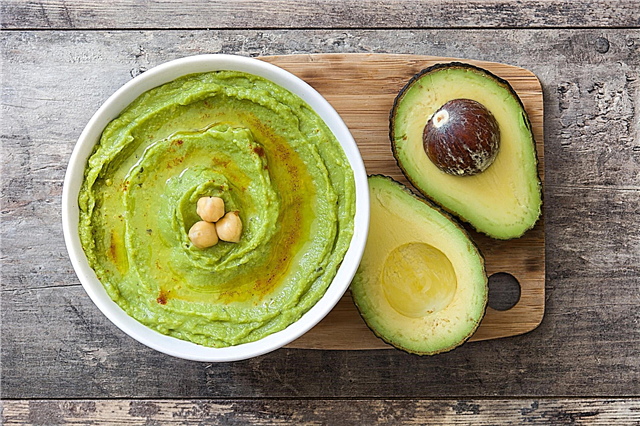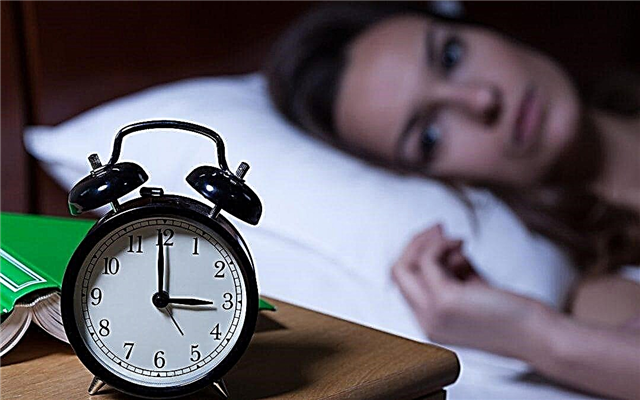There are several causes of sleep problems that are not diet related, including:
- Stress, anxiety and depression
- Alcohol and drug addiction
- Hormonal changes
- Certain diseases
- Medications
- Caffeine and other stimulants
However, if you do not have the above reasons, while you are on a ketogenic diet and have insomnia, see the explanations below.
1. The keto flu

The most common reason people have trouble sleeping during keto is the great and terrible keto flu... This happens when you remove carbohydrates from your diet, and choose fat as the main source of energy for the body.
Symptoms of this flu include:
- Stomach pain
- Brain fog
- Dizziness
- Nausea
- Irritability
- Diarrhea or constipation
- Muscle cramps or pain
- Lack of concentration
- Sweet cravings
- Heart palpitations
Just like regular flu, the keto flu can start and end within 24 to 72 hours. Thus, there is hope that your insomnia will go away (along with other symptoms) as you approach ketosis.
2. Your body readjusts itself to new macros

Recent research suggests that increased protein and fat, combined with a reduction in carbohydrates, can temporarily affect your sleep as your body adjusts to a new way of eating.
It turns out that your body has to adapt to the metabolism of the keto macros, and this adaptation can affect sleep.
3. The appearance of additional energy
Healthy fats such as herbal and Coconut oil, as well as MCT oilgive your brain and body an energetic boost. Therefore, it is quite possible that the first days or even weeks after starting a keto lifestyle, you will have a burst of energy and you will not be able to fall asleep.
4. You practice intermittent fasting

If you practice intermittent fastingthen push your body into a glucose fast. This will help you burn off your extra glycogen stores and speed up ketone production.
However, intermittent fasting can increase levels of the stress hormone (cortisol) in women and those who are especially sensitive to drastic dietary changes.
Higher cortisol levels mean you will feel more anxious, so you often won't be able to sleep.
5. Destruction of glycogen stores
While you work your way into ketosis, your body will actively burn glycogen stores. Each gram of glycogen contains three to four grams of water. Your body will release this water through urination, so you may start getting up more often to use the toilet at night, which will of course affect your sleep quality.
Do you suffer from keto insomnia?
Yes (Luckily no)
Fortunately, once you burn your glycogen stores and free your body of this water, the problem is almost gone.
6. Electrolyte imbalance

When you have low levels of magnesium, an important mineral and electrolyte, you will be a little more stressed and anxious more often than usual. It can also prevent you from falling asleep quickly.
Plus, when the body isn't getting enough magnesium, muscle cramps can occur and wake you up.
Before talking to your doctor about sleeping pills, just know that most sleep problems go away in most people on a ketogenic diet. You can also use our tips for dealing with insomnia.
How to get rid of insomnia on a keto diet

1. Stop eating so late
Try not to eat anything four hours before bed. This gives you enough time to recycle energy from your last meal, as well as provide enough fuel to keep you from waking up hungry in the middle of the night.
2. Monitor your electrolyte balance
It is extremely important to monitor electrolytes (potassium, magnesium and sodium) before and during ketosis. In particular, for better sleep, you can use magnesium glycinate supplementto:
- Reduce insomnia
- Improve sleep quality
- Relax muscles and relieve leg cramps in the middle of the night
You can also find magnesium in Epsom salts, which are absorbed into the skin during a relaxing bath. Add a few drops of soothing essential oils like lavender or chamomile to the water and you will fall asleep in no time.

Plus, it perfectly replenishes electrolytes bone brothwhich also contains a powerful amino acid (glycine) that helps improve sleep quality.
3. Turn off all equipment with screens
The blue and cyan light emitted from phones, laptops, TVs and other devices not only increases cortisol (stress hormone) levels, it also interferes with the production of melatonin, which affects sleep quality.
4. Make sure the room is cool, but your hands and feet are warm
The room where you will sleep should be cool and dark, but your limbs should be warm. Researchers have noticed that when your arms and legs are warmer than the surrounding air, your body speeds up the process of falling asleep.
5. Don't exercise before bed.

A hard workout after a busy day is fine, but try to finish all exercises before 7 p.m. Since exercise awakens your entire body, it will be much more difficult for you to fall asleep.
6. Practice meditation or yoga
On the other hand, light, gentle exercise like yoga can help your body speed up sleepiness and relax.
7. Drink coffee only in the morning

Do you know that caffeine can remain in the blood for six hours after consumption? Try to drink coffee before noon, after which you can switch to green or herbal tea.
8. Try adding more carbs
Finally, as a last resort, you can add a little more carbs to your diet (I think 5-10 grams per day). This extra glucose can stabilize stress hormone levels as well as aid in the production of serotonin. But always be careful, otherwise your body will come out of ketosis.











